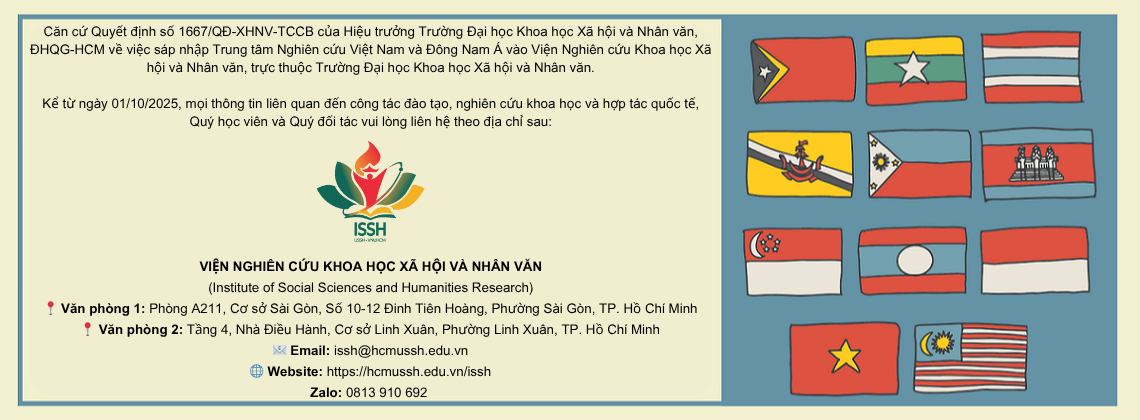DISCUSSION ABOUT RESEARCH PROJECT ON CLIMATE CHANGE WITH PROF. SCOTT FREY, UNIVERSITY OF TENNESSEE, THE US
, 29/01/2016 11:01
On May 14, 2015, Dr. Tran Dinh Lam and Prof. Scott Frey, Dean of the Department of Sociology, University of Tennessee (the US), visited Dr. Nguyen Van Kien, Director of the Research Center for Rural Development, An Giang University to discuss a cooperative study on climate change in the Mekong Delta.
.jpg)
Dr. Nguyen Van Kien (L), Prof. Scott Frey and Dr. Tran Dinh Lam.
Prof. Scott highlighted several issues relating to climate change in the Mekong Delta, which is one of the granaries of Vietnam, as well as local people’s health and ecological impacts. According to Prof. Scott, people have not yet been well aware of the impacts of climate change on ecology. Besides, scientists need to conduct more studies to provide local farmers with knowledge of water sources to lessen their risk.
Both the government and scientists should take on increased responsibility to farmers, helping raise their awareness of the environment so that they can live in harmony with nature to have a sustainable life. It is very important to take care of famers’ lives, pay attention to the quality of soil and conserve the ecology and natural landscapes.
Last year, Prof. Scott conducted a study in Thoai Son Disctrict, An Giang Province, which was on farmers’ health, the impacts of herbicides and fertilizers on ecology and how to preserve fresh water in rivers. He expressed his concern over some hydroelectricity projects implemented by China, which would negatively affect the lower region of the Mekong Delta.
According to Dr. Nguyen Van Kien, farmers in Cho Moi and Tri Ton Districts, An Giang Province, have developed their awareness of the issue of environmental pollution and harmful impacts of using fertilizers and herbicides on their health. Many of them have shifted onto growing environment-friendly fresh rice. For each hectare of paddy fields, farmers can earn VND15 million for two seasons after deducting all expenses. If they grow floating rice, they will still gain more profits with VND20 million within 6 months. Also, they can plant other drops.
The professor highly valued the region with floating rice in Vinh Phuoc and the recently-grown one in Cho Moi, where the locals produce natural rice without using chemical fertilizers in order to protect the natural environment.














